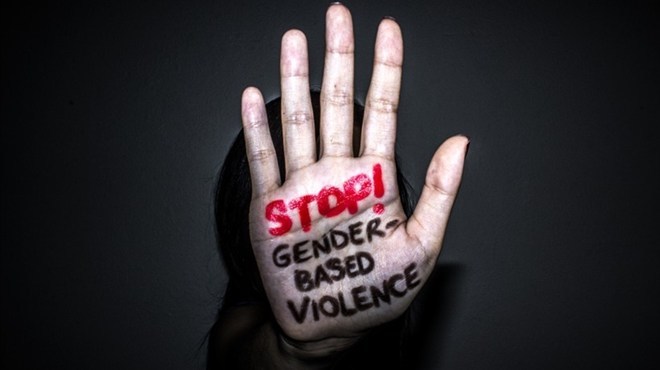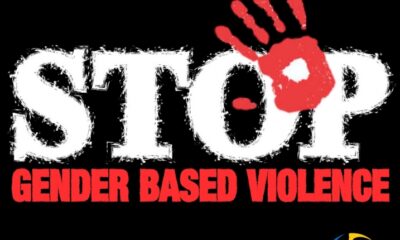News
Meet the South African Researchers Rewriting the Script on Gender-Based Violence

Fighting GBV with fresh thinking
At the South African Medical Research Council’s Gender and Health Research Unit (GHRU), a group of emerging PhD-level researchers is tackling gender-based violence (GBV) from angles as varied as township youth interventions, digital peer support, and rehabilitation programmes in correctional centres. Their work is not only shaping conversations in their communities but also informing national policy.
Reaching young people where they are
Research technologist Nangipha Mnandi has worked on projects like the Siyaphambili Youth Project and Stepping Stones Creating Futures+, aimed at young people in resource-strained communities at risk of intimate partner violence, poor mental health, and HIV. He says poverty and unemployment remain the biggest barriers.
“Many participants have to choose between attending sessions and finding food or income. It is not disinterest; it is survival,” he explains. His current Zithandani Project focuses on reducing violence in young couples from informal settlements while also challenging harmful masculine norms.
One breakthrough strategy has been hiring young people from these communities as Youth Peer Research Assistants. “When interventions are co-created and delivered by peers, trust builds quickly and health outcomes improve,” says Mnandi.
Digital tools with a human touch
Senior research technologist Nonhlonipho Bhengu-Simelane co-led the Masibambane Ladies Chat, using WhatsApp to share information on HIV prevention and pre-exposure prophylaxis (PrEP) with young women.
“A women-only online space allowed honest conversations and broke stigma,” she recalls. “It was about giving women the confidence to make choices for their own health.” She has also facilitated the Ntombi Vimbela Study, providing resilience and risk-reduction programmes for lesbian, bisexual, and queer women, and emphasises the need for safe, identity-affirming spaces.
Rehabilitation from inside the system
For Zamakhoza Khoza, prevention means starting with the root causes. Her work focuses on young men in correctional centres who have committed sexual offences. She is co-developing a gender-transformative intervention for offenders aged 18–25, a field she says is often dominated by theories from the Global North.
“We need to integrate local realities into these frameworks. Rehabilitation is not about excusing harm; it is about preventing future harm,” she says, stressing that perpetrator-focused work must be part of any serious GBV prevention strategy.
Data, policy, and the alcohol link
Asiphe Ketelo, a project lead at the GHRU, has spent years studying femicide and intimate partner violence. Her Covid-19 era research showed a drop in femicides during alcohol sales bans, followed by an increase when bans were lifted. She says this underscores the urgent need to address alcohol misuse in GBV prevention.
Ketelo has helped develop a Femicide Prevention Strategy, commissioned by the Department of Justice and Constitutional Development, drawing on decades of GHRU research. She is also investigating women’s use of violence against male partners, not to downplay women’s victimisation, but to better understand the dynamics and drivers of violence across genders.
A shared vision for safer communities
From community youth mentors to secure WhatsApp groups and prison-based reform, these researchers are finding new ways to confront one of South Africa’s most persistent crises. Their work combines academic rigour with lived community realities, and in doing so, is changing how the country thinks about preventing gender-based violence.
Also read: Tensions Flare at National Dialogue Launch as Citizens Demand Their Voice
Follow Joburg ETC on Facebook, Twitter, TikTok and Instagram
For more News in Johannesburg, visit joburgetc.com
Source: IOL
Featured Image: Boland College



























